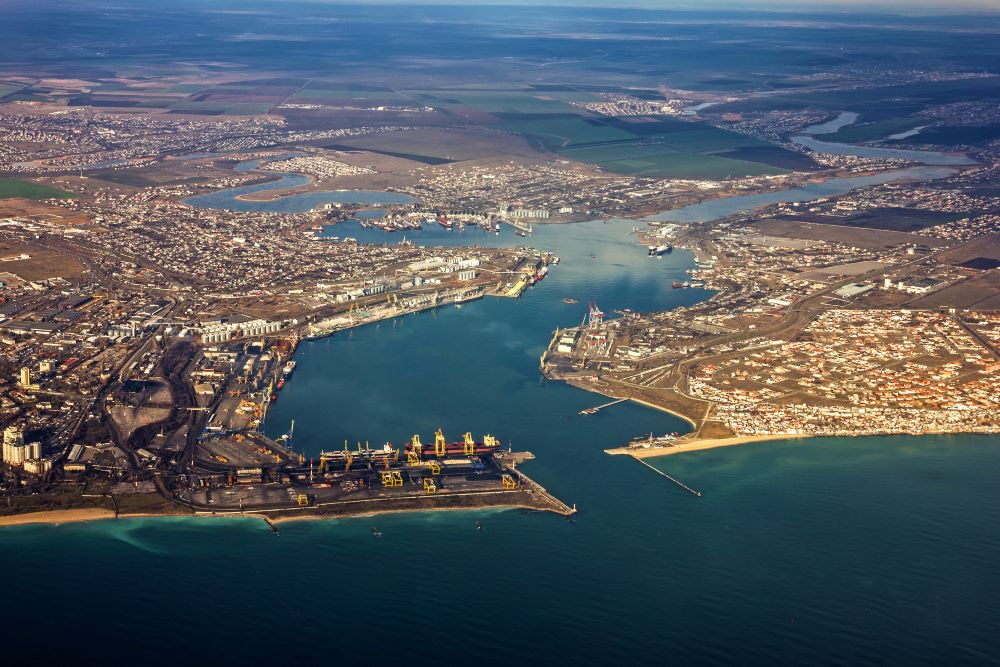
Turkish president Tayyip Erdogan has said that talks are ongoing to revive the Black Sea Grain Initiative.
Erdogan, After speaking with Russian president Vladmir Putin, Erdogan said that he was seeking “expanded scope” for the deal, which saw a safe passage for ships carrying grain and other foodstuffs from Ukrainian ports, according to Bloomberg.
Russia withdrew from the initiative in July, saying that its demands for access to the SWIFT international banking system and for exports of its own agricultural products had not been met.
Erdogan said that any renewal of the agreement would require Western nations to “fulfil their promises” without specifying what commitments had been broken.
The Turkish president added that he wanted the deal to turn into a basis for long term peace between Ukraine and Russia.
Moscow faces blowback
Turkey was a key player in brokering the original agreement alongside the UN. Ships were monitored from a centre based in Istanbul and senior Turkish officials would mediate disputes between Russia and Ukraine.
Since Russia’s withdrawal, prices for wheat have spiked and commercial shipping has been threatened by both sides of the conflict. Reuters reports that Russian attempts to sell its grain is suffering from both the rising costs of shipping and decreased appetite among international buyers for Russia’s products.
Moscow has also been faced with a strong diplomatic reaction to its withdrawal from the deal, with several world leaders urging them to re-join the agreement. A senior Kenyan official called the decision to pull out “a stab in the back.”
EU efforts
While Erdogan has confirmed that attempts to revive the initiative are ongoing, Ukrainian allies continue to look for alternative routes for vital foodstuffs.
Poland has called on the EU to help build so-called ‘agro-ports’ to help move grain products through its territory quicker, as Warsaw seeks to protect is own domestic market from being flooded by Ukrainian grain.
According to Deutsche Welle, Polish farmers have been complaining that grain coming in from Ukraine has been leaking into the domestic market and hurting the country’s agricultural sector.
The topic of alternative routes for the commodity was also discussed at a recent NATO summit, with diplomats said to be exploring the possibility of moving grain through port in Bulgaria and Romania.



